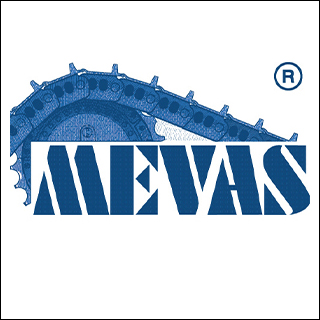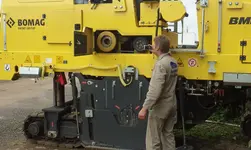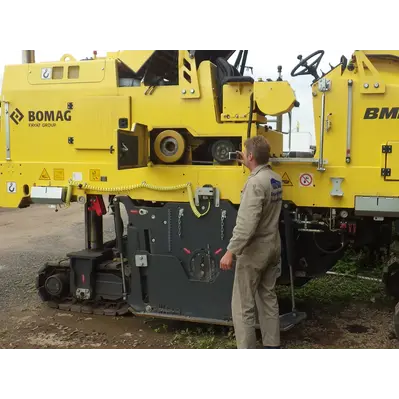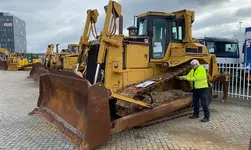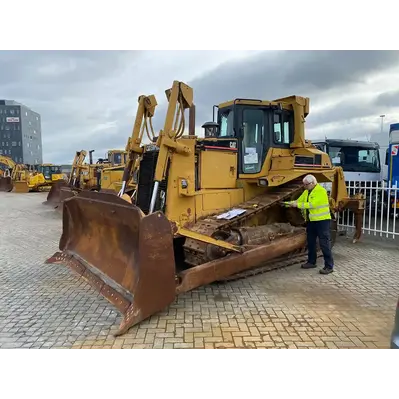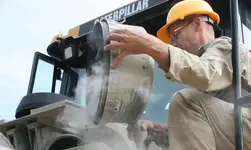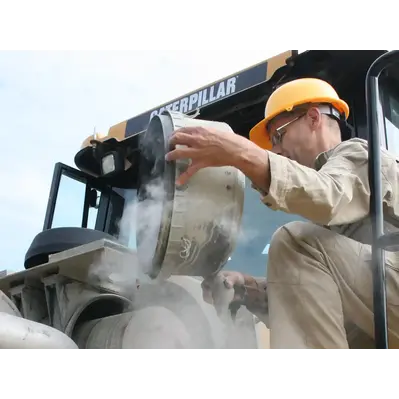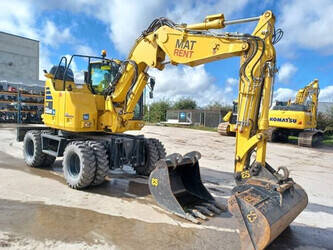Pros and Cons of Buying Construction Machinery at Auction: Inspection and Risk Tips
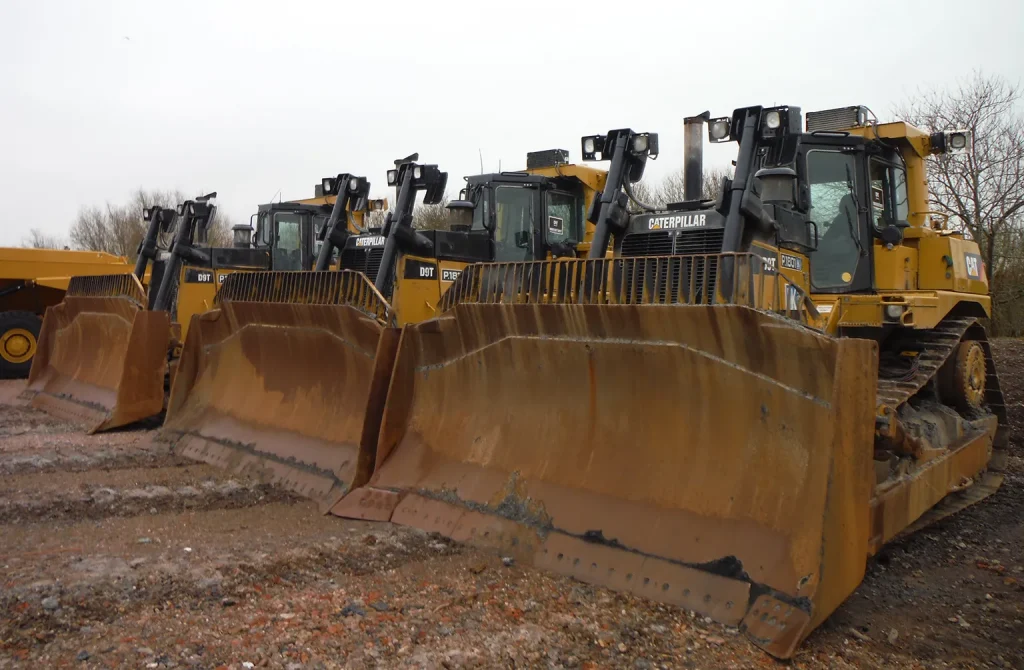
Pros and Cons of Buying at Auction
Many second-hand construction machines, especially from rental companies or large corporations, find their way to auction. While these auctions can offer great deals, buyers need to be aware of the machine's condition. After all, there’s usually a reason why a machine isn't sold directly from one user to another. Owners often choose auctions for various reasons. They may have too many machines to sell individually, or they may prefer to sell their top-quality equipment through direct contacts, leaving the remaining stock for the auction.
Inspecting Machines During Auction Viewings
Every machinery auction includes designated inspection days. These allow potential buyers—or their technicians—to examine and test the machines. While this can provide useful insights into the machine's functionality and overall condition, there are limitations. For example, machines may have dead batteries or empty fuel tanks, preventing them from being started. Additionally, space is often restricted, and with many visitors on-site, it’s not feasible to fully test all machine functions. You likely won’t have the freedom to take an excavator for a proper run.
How Reliable Are Auctioneers’ Guarantees?
Auction houses like Ritchie Bros. or Euro Auctions offer their own machine inspections, which can sometimes replace an on-site inspection. However, these in-house evaluations have limitations, especially with technical details. After all, the auctioneer’s goal is to achieve high prices, so they may not highlight every defect. Typically, third-party inspections are not available, and auction houses explicitly exclude liability for hidden or undetectable defects. For instance, one major auctioneer’s warranty terms state: “XYZ Assurance’s inspections are NOT intended to detect latent or hidden defects that can only be found by disassembly or diagnostic equipment. XYZ Auctions will not be liable for failing to detect such defects or others.”
It’s also important to note that claims for defects must be made within a strict time frame, often before the machine even arrives if it’s being shipped.
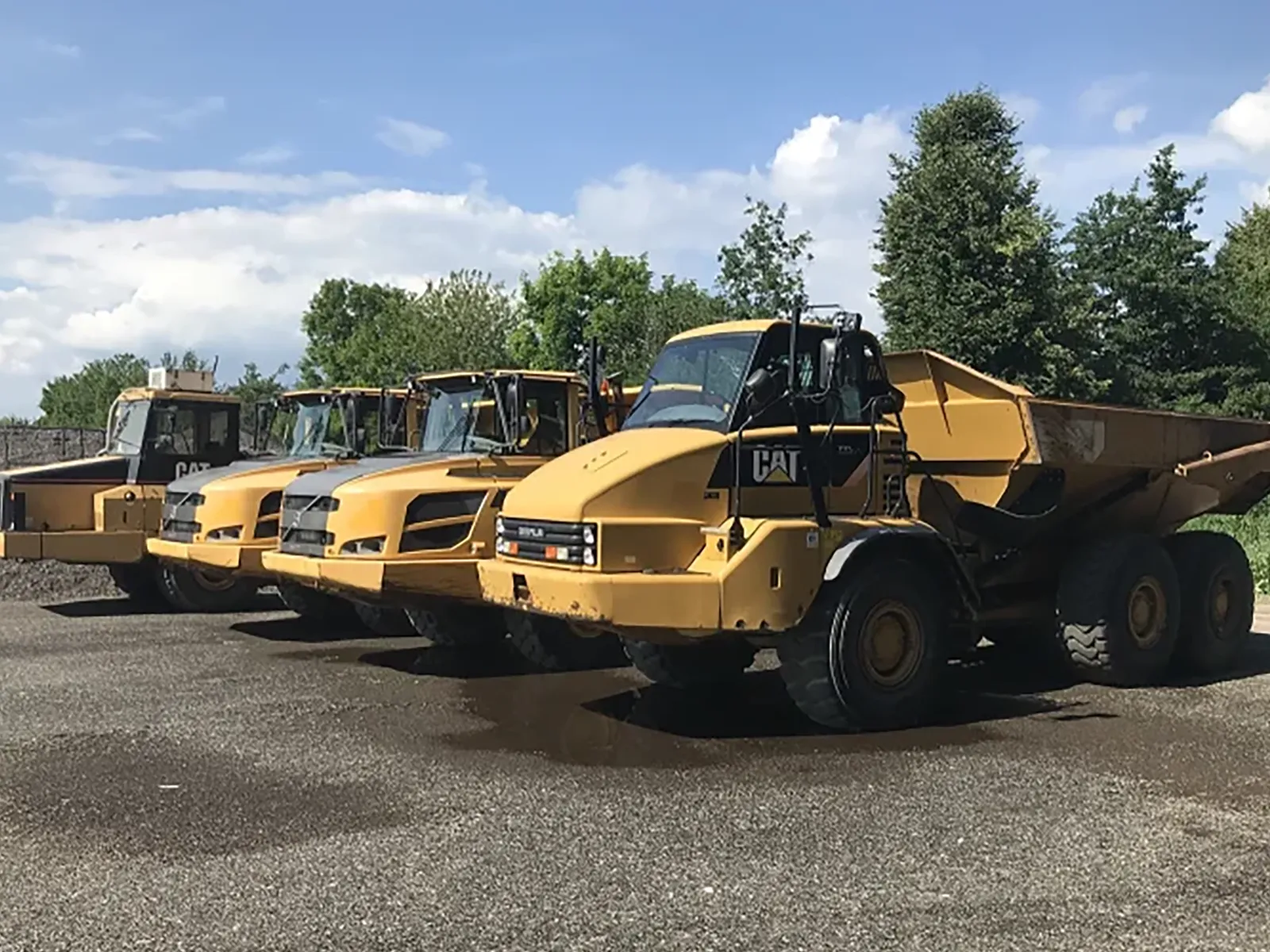
How to Minimize Risk When Buying
To avoid costly mistakes, it’s essential to send an experienced technician to inspect the machine on-site. If that’s not possible, the best way to reduce risk is to set a conservative maximum price. Auctions are designed to create excitement, and it’s easy to get caught up in the bidding frenzy, leading to irrational decisions. Another smart step is to check the machine’s service history with the brand’s dealer.
Keep in mind that auction prices often come with surcharges, and transporting heavy equipment can add significant costs. Additionally, if you’re importing the machine, customs fees may apply.
Independent Inspections: Your Peace of Mind
If you don’t have a technician available for on-site inspections, we’ve got you covered. Our local inspectors in over 20 countries are ready to help. With a keen eye for hidden defects and hands-on experience, our technicians will ensure you have a clear understanding of the machine’s condition. We know about Torque-Stall-Speed Testing, Engine Blow-By and Undercarriage Measurement for tracked machinery. For certain brands, we can even use diagnostic tools to verify operating hours. We offer flexible pricing tailored to the unique limitations of auction inspections. Reach out to us for a quote, and we’ll handle the dirty work.
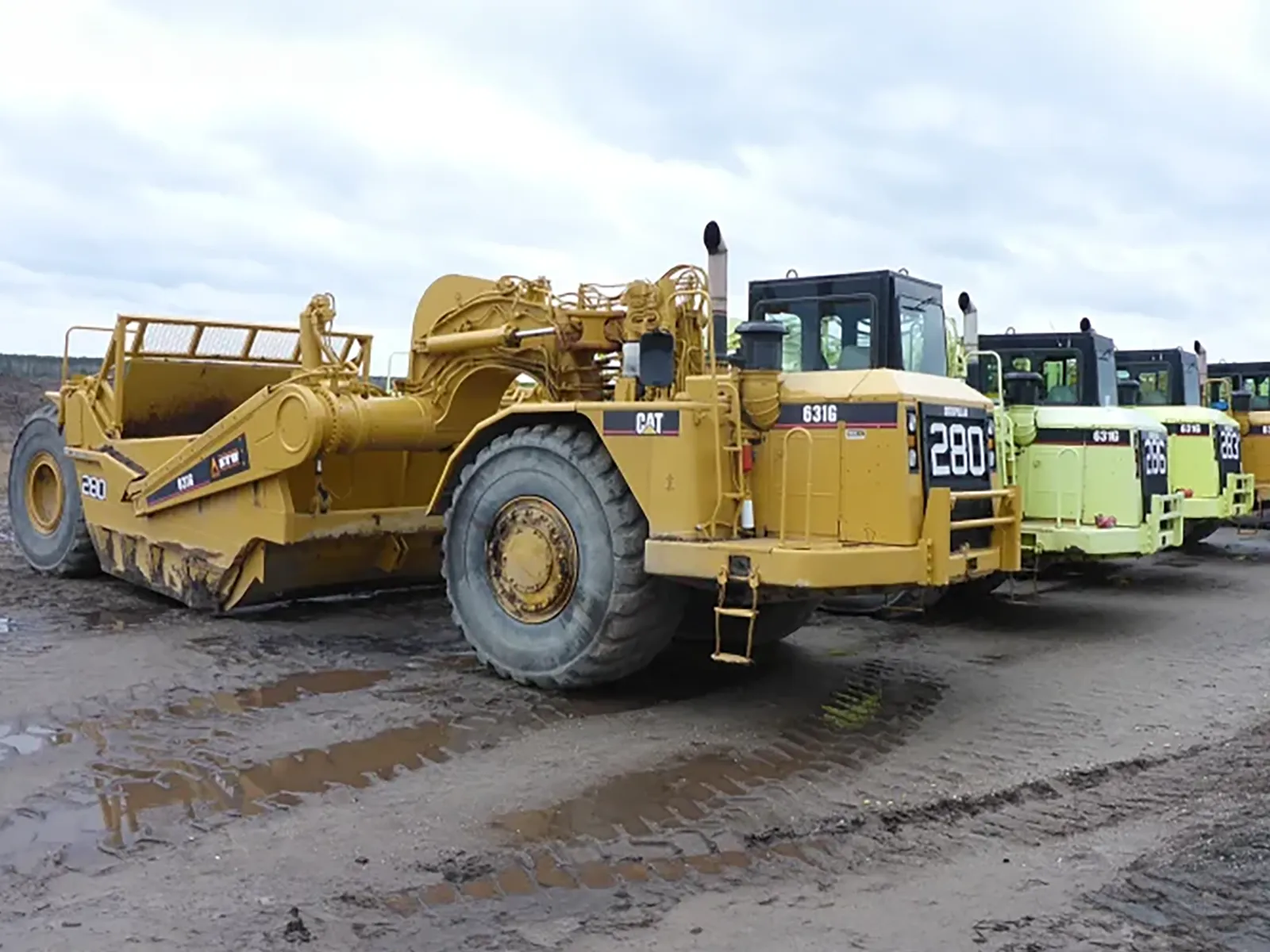

 Construction Equipment
Construction Equipment
 Cranes
Cranes
 Material Handling
Material Handling
 Trucks & Trailers
Trucks & Trailers
 Vehicles
Vehicles
 Agricultural Equipment
Agricultural Equipment
 Live Auctions
Live Auctions


